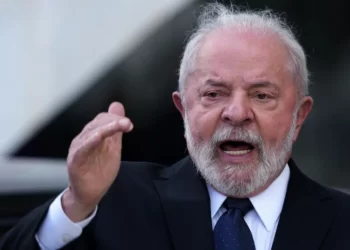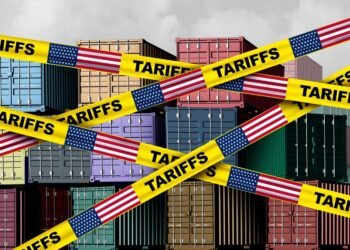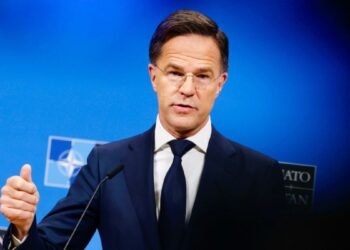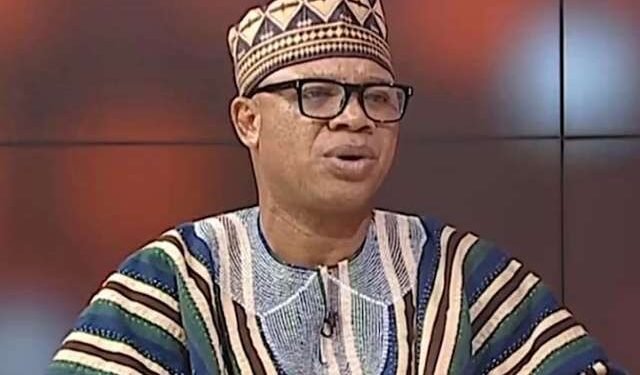In a pointed critique, Australia’s Foreign Minister Penny Wong labeled the recent defense agreement between North Korea and Russia as both “destabilizing” and “risky for the world.”
Wong’s remarks came during her visit to the highly sensitive border village of Panmunjom, a site that epitomizes the ongoing tension between North and South Korea.
The agreement, signed in June by North Korean leader Kim Jong Un and Russian President Vladimir Putin, pledges mutual military support should either nation come under attack.
This pact has heightened concerns over the burgeoning alliance between the two countries.
The United States and its allies have consistently accused North Korea of arming Russia with conventional weaponry for its conflict in Ukraine, in exchange for military and economic aid.
“I also want to say something about the security pact between North Korea and Russia. And say again, this is destabilizing. This is risky for the world and again we say Russia is behaving in ways which are not conducive to peace but are escalatory.”
Penny Wong
Wong also took a firm stance against North Korea’s persistent missile tests, which she claimed threatened regional security.
“We share great concerns about DPRK’s escalatory reactions, destabilizing actions,” she emphasized, referring to North Korea by its official name, the Democratic People’s Republic of Korea.
The same day, Wong met with South Korean Foreign Minister Cho Tae-yul in Seoul.
They pledged to collaborate with the international community in addressing the growing military ties between North Korea and Russia, according to a statement from South Korea’s Foreign Ministry.
Wong also held discussions with South Korean President Yoon Suk Yeol on enhancing bilateral relations.
Tensions on the Korean Peninsula have escalated recently, with North Korea deploying balloons filled with trash across the border and continuing its weapons tests.
In retaliation, South Korea has resumed anti-Pyongyang propaganda broadcasts and live-fire drills near border areas.
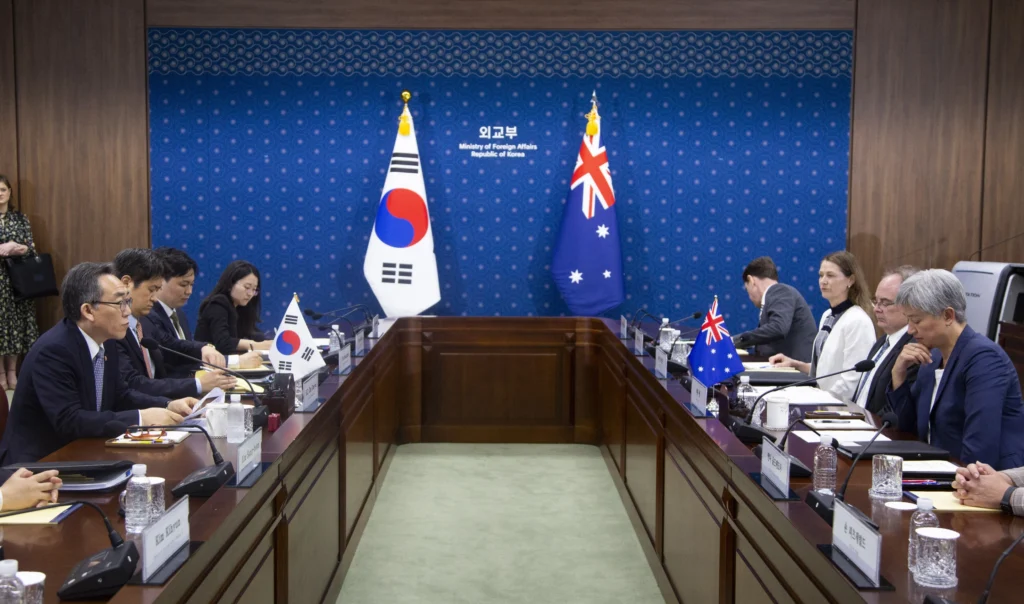
Russia’s Historical Relation With North Korea
Historically, the relationship between Russia and North Korea has been marked by fluctuating dynamics, rooted in their shared Communist heritage.
During the Soviet era, North Korea was a significant beneficiary of Soviet economic and military support.
However, the dissolution of the Soviet Union in 1991 led to a cooling of relations, as Russia grappled with its own economic challenges.
In recent years, however, the two nations have rekindled their ties. Russia, seeking to bolster its influence in East Asia, has found a willing partner in North Korea, which is eager to break its international isolation amid stringent sanctions.
This renewed partnership has seen Russia providing North Korea with food and fuel, while North Korea supplies Russia with cheap labor.
China’s Silence On North Korea-Russia Defense
China, a traditional ally of North Korea, has remained conspicuously silent on the recent defense pact.
Nevertheless, China has historically supported North Korea in international forums and plays a crucial role in regional dynamics.
It is likely that China is closely monitoring the implications of the deal, given its strategic interests on the Korean Peninsula and its relationship with Russia.
China has previously advocated for the denuclearization of the peninsula and has called for dialogue to resolve the ongoing tensions.
The North Korea-Russia defense pact represents a significant development in their bilateral relations, raising the specter of increased regional instability.
The international community watches with bated breath, hoping for a peaceful resolution to prevent further escalation in an already volatile region.
READ ALSO: SanlamAllianz Partnership: A New Era in Ghana’s Insurance Sector




